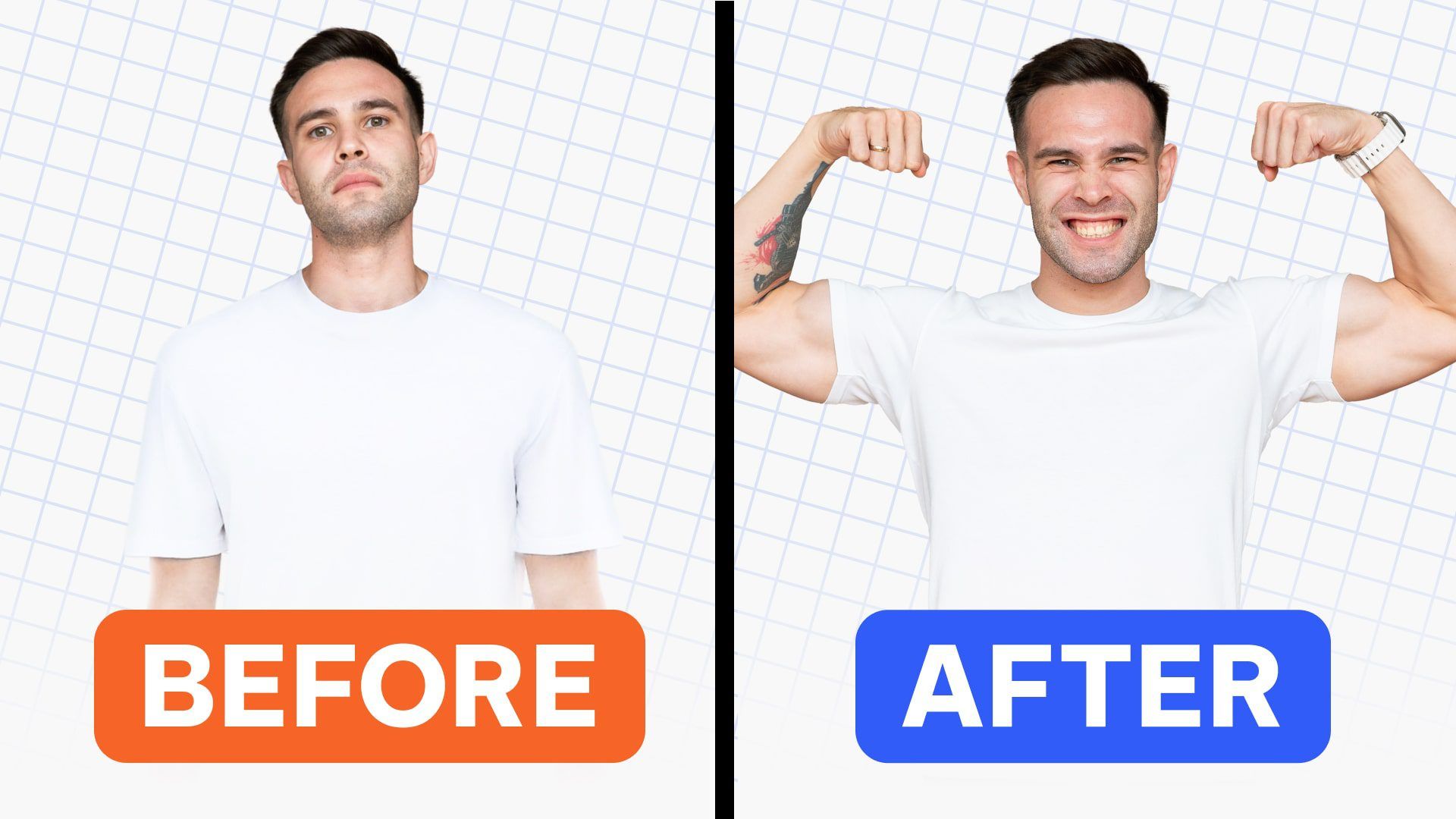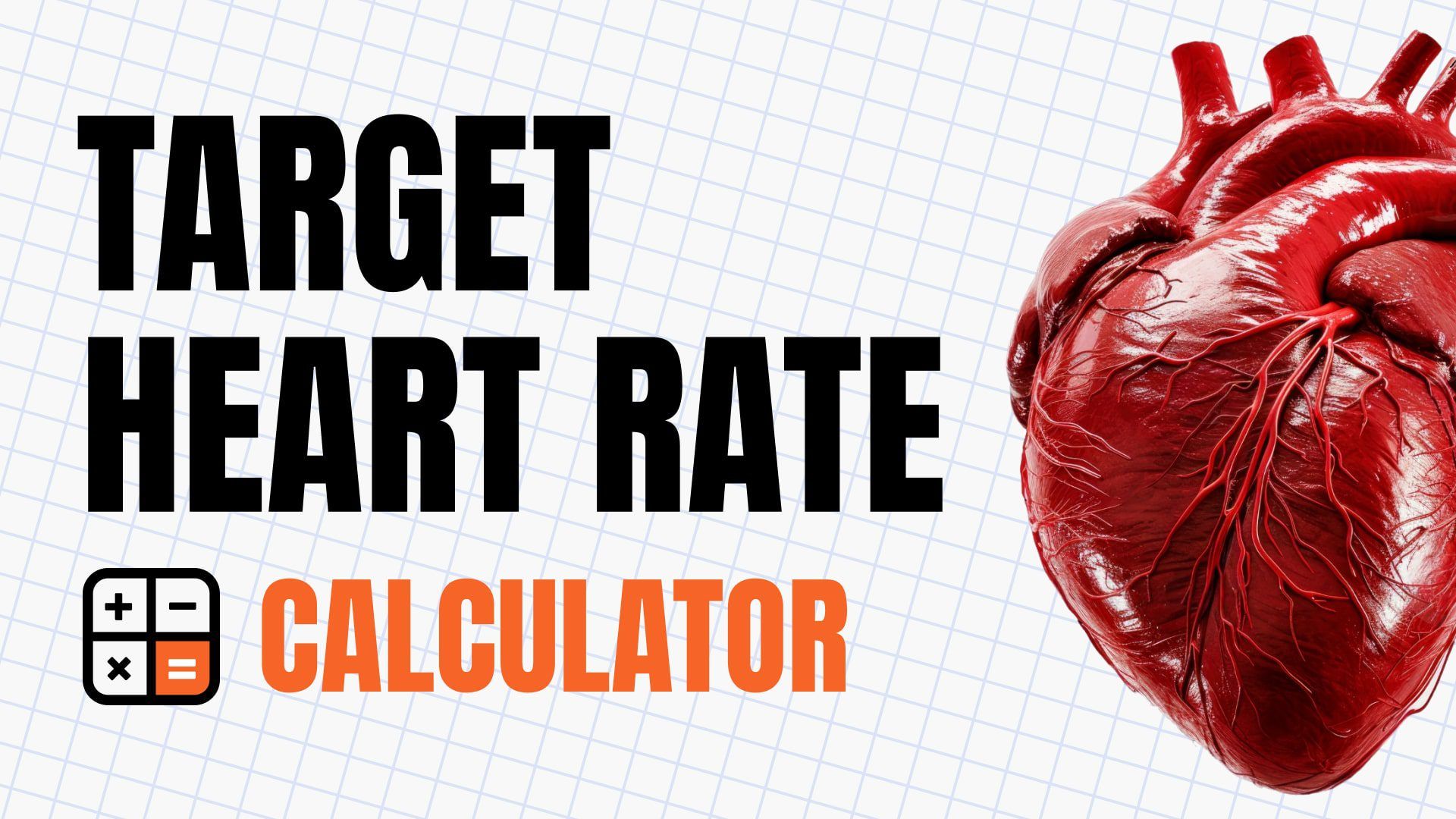Table of contents
In this article, you will learn
Protein is a crucial nutrient for anyone looking to build muscle and recover quickly after workouts. In this article, you’ll discover how protein supports muscle growth and repair, learn about the best types of protein for your needs, and get practical tips for maximizing your protein intake for optimal results.
The Role of Protein in Muscle Building
Protein is essential for muscle growth because it provides the building blocks your body needs to repair and build muscle tissue.
Muscle Protein Synthesis (MPS)
Muscle Protein Synthesis (MPS) is how your body repairs and builds new muscle fibers. Protein intake is vital for stimulating MPS, which leads to muscle growth.
- How Protein Stimulates MPS: Consuming protein after exercise increases amino acid levels in your bloodstream, which promotes MPS. This process helps repair muscle damage caused by exercise and builds new muscle tissue.
- Optimal Protein Sources: To maximize MPS, it’s vital to choose high-quality protein sources that are rich in essential amino acids.
Types of Protein for Muscle Building
Different types of protein can be beneficial for muscle building. Here are some of the best options:
- Whey Protein: Fast-digesting and rich in essential amino acids, whey protein is ideal for post-workout recovery.
- Casein Protein is a slow-digesting protein that provides a steady supply of amino acids, making it great for sustained muscle repair, especially overnight.
- Plant-Based Proteins: Options like pea, hemp, and soy protein are suitable for those who prefer plant-based diets. These proteins can be combined to ensure a complete amino acid profile.
Protein and Muscle Recovery
Protein isn’t just important for building muscle; it’s also crucial for recovery.
Repairing Muscle Tissue
When you exercise, especially during resistance training, tiny tears are created in your muscle fibers. Protein helps repair these tears, making your muscles stronger and larger.
How Protein Aids Repair: Consuming protein provides the amino acids necessary to repair damaged muscle fibers, reduce recovery time, and enhance muscle strength.
Reducing Muscle Soreness
Protein can also help reduce muscle soreness after intense workouts.
- Delayed Onset Muscle Soreness (DOMS): Adequate protein intake can reduce the severity of DOMS, helping you recover faster and get back to your workouts sooner.
- Protein Timing: Eating protein-rich foods or supplements immediately after your workout can optimize recovery and reduce muscle soreness.
Scientific Evidence Supporting Protein for Muscle Building and Recovery
Multiple studies have highlighted the benefits of protein for muscle building and recovery.
Key Studies and Findings
- Harvard T.H. Chan School of Public Health: Research indicates that high-protein diets support muscle growth and enhance recovery after exercise.
- National Institutes of Health (NIH): Studies show protein intake is crucial for muscle repair and growth, particularly after resistance training.
- Journal of the International Society of Sports Nutrition: This review confirms that protein supplementation can enhance muscle recovery and growth.
- JISSN: Protein and Exercise
- American Journal of Clinical Nutrition: Evidence suggests that dietary protein plays a significant role in maintaining and increasing muscle mass.
- AJCN: Dietary Protein and Muscle Mass
- Journal of Applied Physiology: Research on protein timing shows that consuming protein around workouts can significantly impact muscle hypertrophy and strength.
- Journal of Applied Physiology: Protein Timing
Practical Tips for Maximizing Muscle Building and Recovery with Protein
To fully benefit from protein’s muscle-building and recovery properties, it’s essential to incorporate enough protein into your diet.
Daily Protein Intake
- Recommended Intake: For muscle building and recovery, aim for 1.2 to 2.2 grams of protein per kilogram of body weight per day. This range can vary based on your activity level and goals.
- Calculating Your Needs: Use this formula to calculate your daily protein needs:
- Your Weight in kg×1.2 to 2.2=Daily Protein Requirement in grams
Protein Timing
- Pre-Workout: Consuming a small amount of protein before your workout can provide amino acids to support muscle function.
- Post-Workout: To maximize muscle repair and growth, aim to consume protein within 30 minutes to 2 hours after exercise.
- Sample Snacks and Meals:
- Pre-Workout: A small smoothie with protein powder and fruit
- Post-Workout: Grilled chicken with quinoa and vegetables or a protein shake
Combining Protein with Other Nutrients
Balanced Meals: Pair protein with carbohydrates and healthy fats for balanced nutrition and optimal muscle recovery.
Sample Meal Ideas:
- Breakfast: Greek yogurt with berries and nuts
- Lunch: Salmon with sweet potatoes and steamed broccoli
- Dinner: Tofu stir-fry with mixed vegetables and brown rice
Protein Supplements: When and How to Use Them
Protein supplements can be a convenient way to meet your protein needs, especially if you have higher requirements or a busy schedule.
Types of Protein Supplements
- Whey Protein: Fast-digesting and ideal for post-workout recovery.
- Casein Protein: Slow-digesting, great for sustained muscle repair.
- Plant-Based Protein: Good for those following a plant-based diet.
Choosing the Right Supplement
- Factors to Consider: Taste, digestibility, dietary restrictions, and specific fitness goals.
- Incorporating Supplements: Use protein supplements as a convenient option to meet your daily protein needs, particularly around workouts.
Potential Risks and Considerations
While protein is beneficial for muscle building and recovery, it’s important to avoid excessive intake and maintain a balanced diet.
Avoiding Excessive Protein Intake
- Risks of Too Much Protein: Consuming excessive amounts of protein can strain your kidneys and lead to nutrient imbalances.
- Balanced Diet: Ensure your diet includes a variety of foods to provide all necessary nutrients.
Consulting with Healthcare Providers
- Personalized Advice: Seek advice from healthcare providers or registered dietitians to determine the best protein intake for your individual needs.
- Who Should Be Cautious: Individuals with kidney issues or other health conditions should be mindful of their protein intake.
Key Takeaways
- Protein is essential for muscle building and recovery, helping to repair muscle tissue, reduce soreness, and support muscle growth.
- To maximize benefits, ensure adequate daily protein intake, time your protein consumption around workouts, and combine protein with other nutrients.
- Consider using protein supplements if necessary, but maintain a balanced diet and avoid excessive intake.
- Always consult healthcare providers for personalized advice on protein intake.
If you have any questions or want to learn more, visit my blog and follow me on social media for helpful guides and health and wellness tools.
Works Cited and Relevant Links
- Harvard T.H. Chan School of Public Health. The Nutrition Source: Protein. Retrieved from https://www.hsph.harvard.edu/nutritionsource/what-should-you-eat/protein/
- National Institutes of Health (NIH). Protein Intake and Muscle Health. Retrieved from https://www.ncbi.nlm.nih.gov/pmc/articles/PMC3905294/
- Mayo Clinic. Protein: How Much Do You Need and How Does It Help? Retrieved from https://www.mayoclinic.org/healthy-lifestyle/nutrition-and-healthy-eating/in-depth/protein/art-20045298
- Journal of the International Society of Sports Nutrition. Protein and Exercise: A Review. Retrieved from https://jissn.biomedcentral.com/articles/10.1186/s12970-018-0215-1
- American Journal of Clinical Nutrition. Dietary Protein and Muscle Mass: Translating Science to Application and Health Benefit. Retrieved from https://academic.oup.com/ajcn/article/101/6/1248S/4564496
- PubMed. The Effects of Protein Supplementation on Muscle Mass, Strength, and Performance. Retrieved from https://pubmed.ncbi.nlm.nih.gov/29620959/
- Journal of Applied Physiology. Protein Timing and Its Effects on Muscle Hypertrophy and Strength. Retrieved from https://journals.physiology.org/doi/full/10.1152/japplphysiol.00695.2018
This is a personal blog. I am not a doctor, fitness coach, nutritionist, or trained health professional. The information I share is based on my personal experience, self-research, and insights from working with health and wellness professionals. My content is for informational and entertainment purposes only and is not intended as health advice.
Always consult with your healthcare provider before making any significant changes to your health routines or treatments. I am not liable for any actions taken based on this information.
With that said, your well-being is my top priority. Stay healthy and take care!
Credits and Team

















Leave a Reply